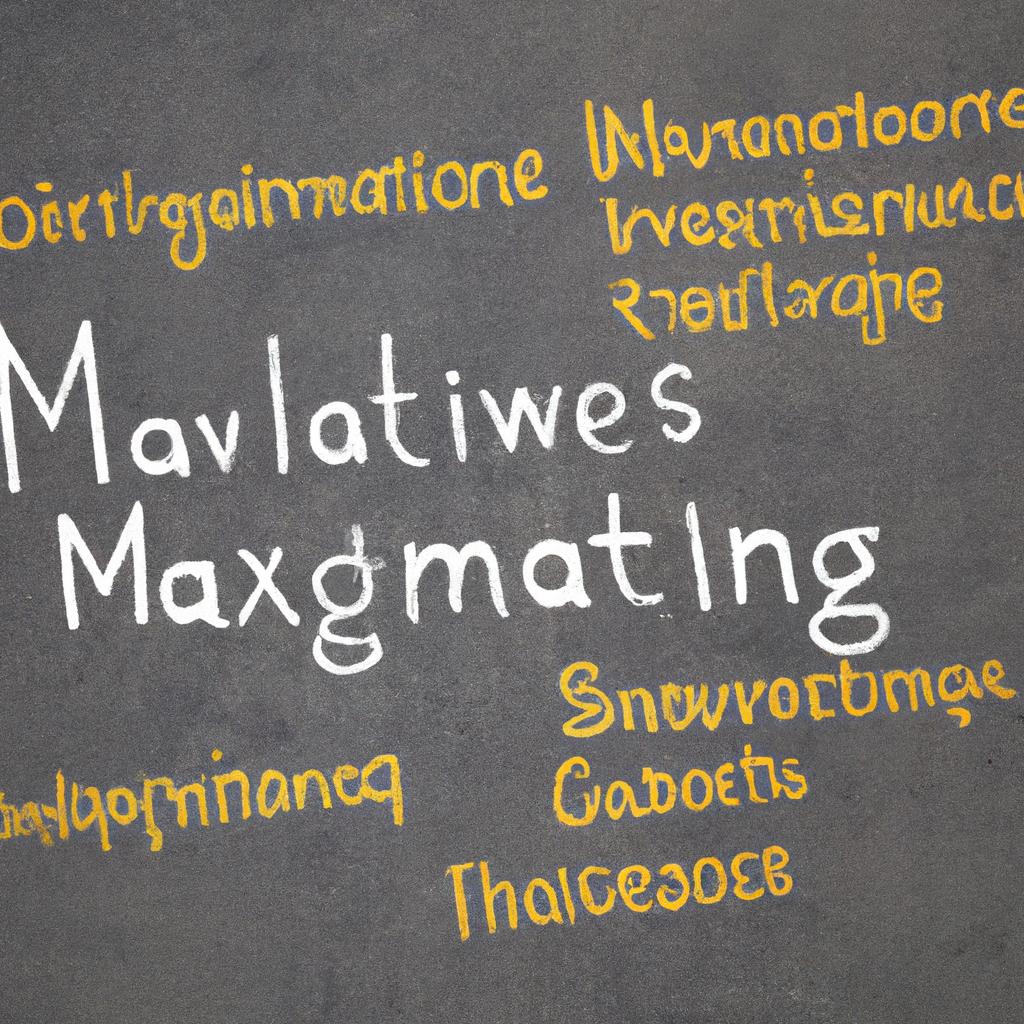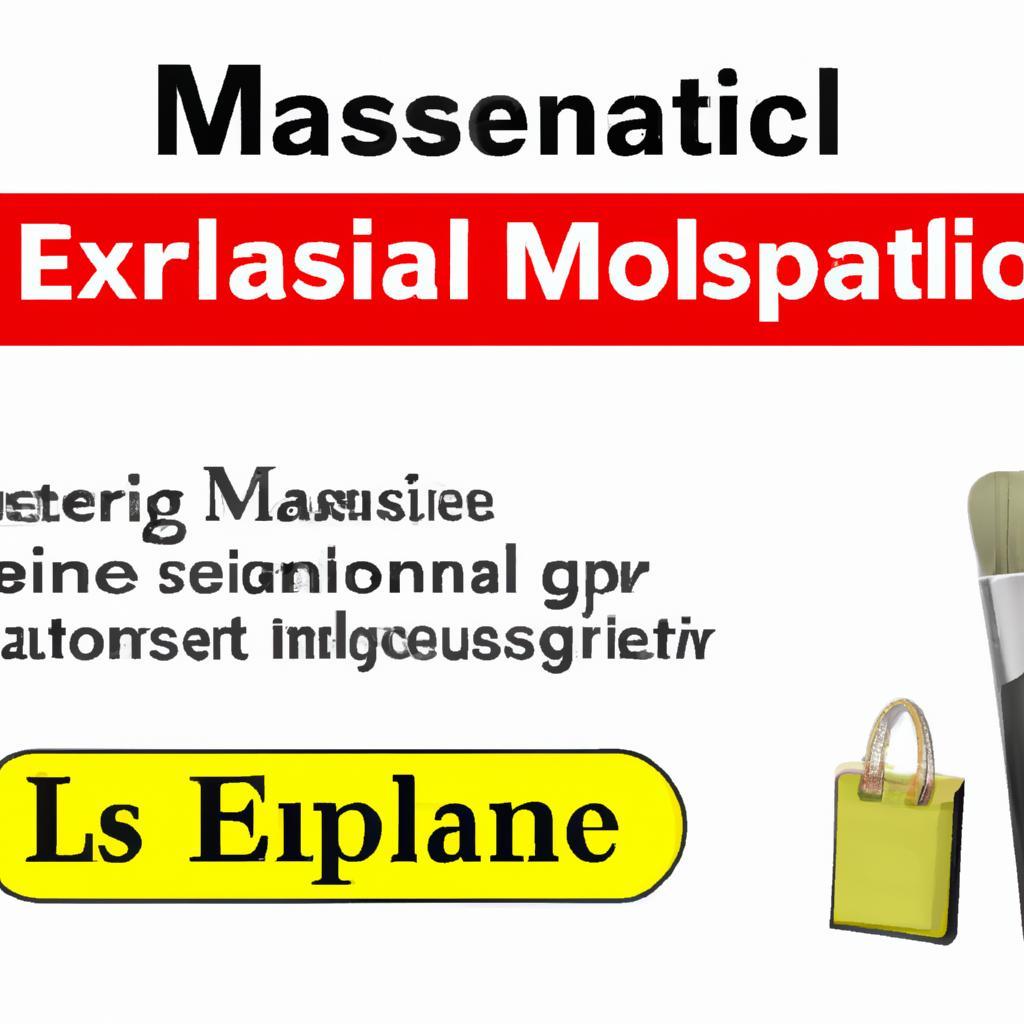Mastering Local Lingo: Essential Phrases for Shopping and Bargaining Abroad
Imagine stepping into a bustling market teeming with vibrant colors, the tantalizing aroma of local delicacies wafting through the air, and the rhythmic hum of conversation swirling all around you. The sights, sounds, and scents of a foreign shopping experience are nothing short of exhilarating. Yet, amidst this sensory overload, one crucial element can either elevate your adventure or turn it into a challenging escapade: language. While pictures may paint a thousand words, the ability to communicate effectively can unlock doors to authentic experiences and better deals. In this guide, we’ll equip you with essential phrases tailored for the art of shopping and bargaining in various cultures. Whether you’re haggling for handcrafted souvenirs in an open-air bazaar or inquiring about prices in a chic boutique, mastering these local lingo essentials will not only enhance your interactions but also deepen your appreciation of the places you explore. So, pack your bags, bring along your enthusiasm, and let’s dive into the linguistic treasures awaiting you abroad!

Navigating the Market: Key Terms to Enhance Your Shopping Experience
When venturing into new markets abroad, understanding key terms can significantly enhance your shopping experience. Familiarizing yourself with the local currency and price negotiation phrases can turn a simple transaction into an enjoyable cultural exchange. Here are some essential phrases and concepts to keep in mind:
- Price Check: Learn how to ask, “¿Cuánto cuesta?” (How much does it cost?) to ensure you know what you’re paying.
- Bargaining: Equip yourself with phrases like “¿Me puedes dar un descuento?” (Can you give me a discount?) to negotiate better deals.
- Quality Assurance: Don’t hesitate to inquire about the goods. Asking “¿Es de buena calidad?” (Is it good quality?) can save you from regrettable purchases.
- Payment Methods: Knowing how to ask about payment options, “¿Aceptan tarjetas de crédito?” (Do you accept credit cards?), is crucial in a digital age.
Furthermore, understanding common pricing strategies can prepare you for what to expect. For instance, prices can vary from shop to shop based on supply and demand dynamics. Here’s a quick reference table to help you navigate the local pricing structure:
| Market Type | Typical Pricing Strategy | Negotiation Tips |
|---|---|---|
| Local Street Vendors | Fixed but flexible prices | Start with 50% lower than the asking price |
| Souks and Bazaars | High markup; expect negotiation | Be polite but firm; walk away to see the price drop |
| Supermarkets | Fixed prices; little room for negotiation | Look for discounts; ask about loyalty programs |

Bargaining Basics: Effective Expressions for Negotiating Prices
When stepping into the world of bargaining, having the right expressions at your fingertips can make a significant difference. Start with an approachable tone, expressing genuine interest in the item. To initiate the conversation, you can try phrases like “How much is this?” or “What’s your best price?”. Follow it up with polite inquiries that invite negotiation, such as “Can you give me a discount?” and “I’m on a budget; could we work something out?”. This not only demonstrates your willingness to engage but also opens the door to dialogue, making the seller feel respected and valued.
As bargaining progresses, it’s crucial to maintain a friendly demeanor and express appreciation for the seller’s products. Phrases like “This is a beautiful piece; I really like it!” can help establish rapport. You can also use expressions that indicate your commitment to negotiating, such as “If I buy two, can you lower the price?” and “I would buy it right now if the price was lower!”. Remember, effective bargaining is not just about getting a better deal—it’s also about creating a connection. Below is a helpful reference table with additional expressions that can enhance your bargaining conversation:
| Expression | Use Case |
|---|---|
| “Is this your final price?” | To prompt the seller to reconsider their price. |
| “I’ve seen this elsewhere for less.” | To demonstrate market awareness and encourage a discount. |
| “Can we meet halfway?” | A neutral way to suggest a compromise. |
| “Thank you for your help!” | To show appreciation once a deal is reached. |

Cultural Nuances: Understanding Local Etiquette in Commerce
When shopping in a foreign country, understanding local etiquette can make a significant difference in your experience. Many cultures have specific customs that dictate how to approach vendors, negotiate prices, and express appreciation. For instance, in many Middle Eastern countries, it’s common to exchange pleasantries before discussing business, as this builds trust and rapport. Similarly, in Asian cultures, a nod of the head and a smile can go a long way in showing respect and politeness. Being aware of these nuances allows for a smoother transaction and can sometimes even lead to better deals.
Moreover, the way you address vendors and formulate requests can either make or break your bargaining experience. Here are some essential tips to keep in mind:
- Use local greetings: Start with a friendly “hello” in the local language—it shows respect!
- Be mindful of body language: In some cultures, gestures can be more powerful than words.
- Practice patience: Allowing time for negotiation is often part of the shopping ritual.
- Show appreciation: A simple thank you can leave a lasting impression.
Below is a quick reference to some *common phrases* that can enhance your shopping experience:
| Language | Phrase | Meaning |
|---|---|---|
| Spanish | ¿Cuánto cuesta? | How much does it cost? |
| Mandarin | 这个多少钱?(Zhège duōshǎo qián?) | How much is this? |
| Arabic | كم السعر؟ (Kam al-siyaar?) | What is the price? |
| French | C’est trop cher. | That’s too expensive. |
Key Takeaways
As you embark on your next adventure, equipped with your newfound linguistic toolkit, remember that language is more than just words—it’s an invitation to connect. Local lingo adds layers to your travel experience, allowing you to engage with shopkeepers and fellow travelers on a deeper level. From negotiating prices to expressing gratitude, each phrase opens doors to understanding and appreciation of the culture you’re immersed in.
So next time you find yourself navigating a bustling market or a quaint boutique, let these essential phrases be your guide. Embrace the nuances of bargaining and shopping abroad, and watch as your interactions transform into meaningful exchanges. With every word you speak, you’re not just a traveler—you’re a participant in the vibrant tapestry of local life. Go forth, communicate boldly, and relish the joys of shopping and bargaining in your travels. Happy exploring!
